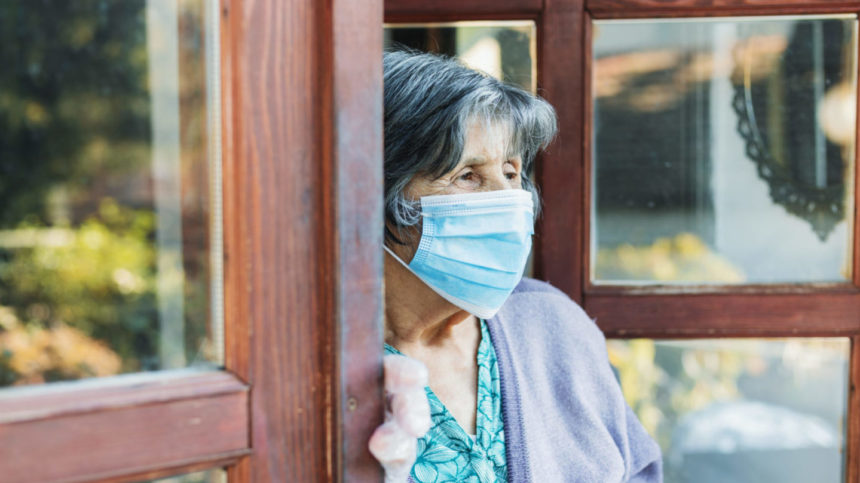
The need for COVID booster shots among nursing home residents may now be apparent after a federal study found that vaccine effectiveness declined significantly among the group after the delta variant started circulating.
A new report released by the Centers for Disease Control and Prevention found two doses of mRNA vaccines offered by Pfizer and Moderna were 74.7% effective against infection among residents during the early months of the federal vaccination program (between March and May).
From June to July, however, federal researchers observed a significant decline in effectiveness to 53.1%, a drop concurrent with the rising dominance of the delta variant in the U.S. during the summer months.
The more-transmissible variant prompted federal health officials this week to approve and prioritize long-term care residents for COVID-19 booster shots, once distribution begins. The need for COVID-19 booster shots has been questioned by several experts who have said solid data is needed in order to move forward with prescribing extra shots for the group.
CDC came under fire with the publication of three vaccine efficacy studies in its weekly report Wednesday, with critics inside and outside of government saying officials should have shared more data in real-time and collaborated better with other agencies.
Delta may not be the only cause of the uptick in nursing home risk. Investigators in that study added that waning vaccine-induced immunity could also be a factor.
“Further research on the possible impact of both factors on [vaccine efficacy] among nursing home residents is warranted,” federal investigators concluded. “Because nursing home residents might remain at some risk for SARS-CoV-2 infection despite vaccination, multipronged COVID-19 prevention strategies, including infection control, testing, and vaccination of nursing home staff members, residents and visitors are critical.”





